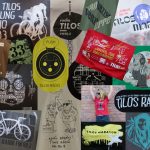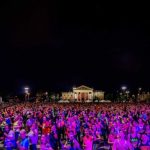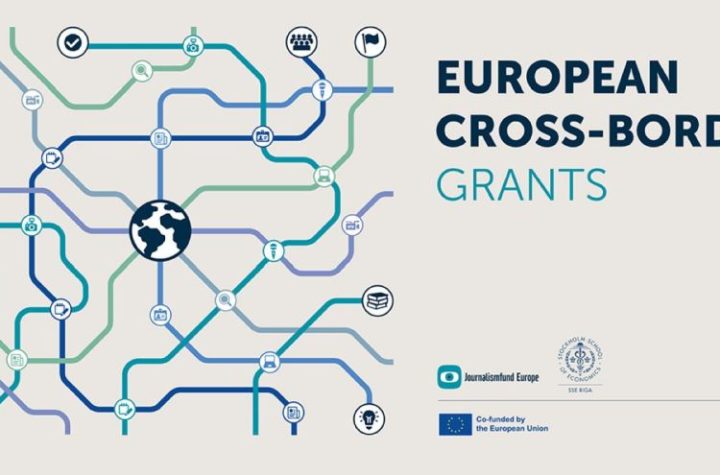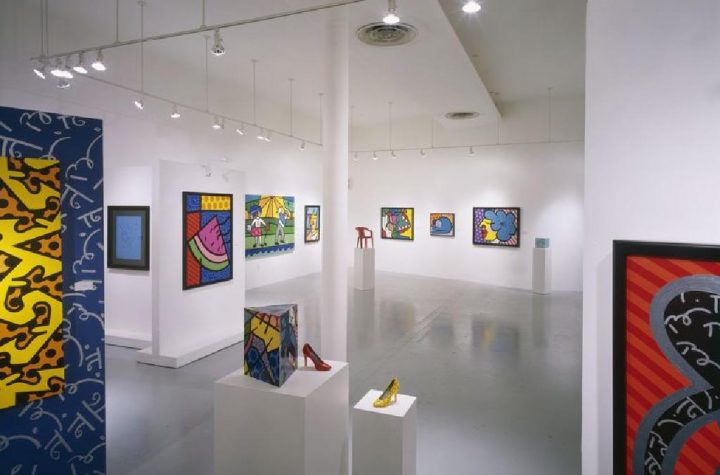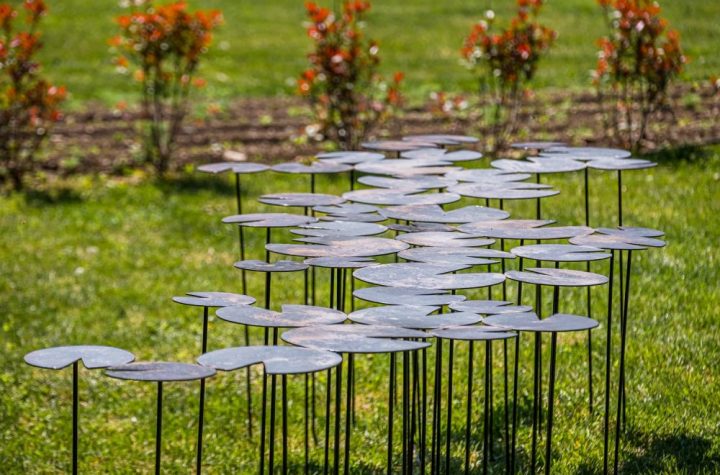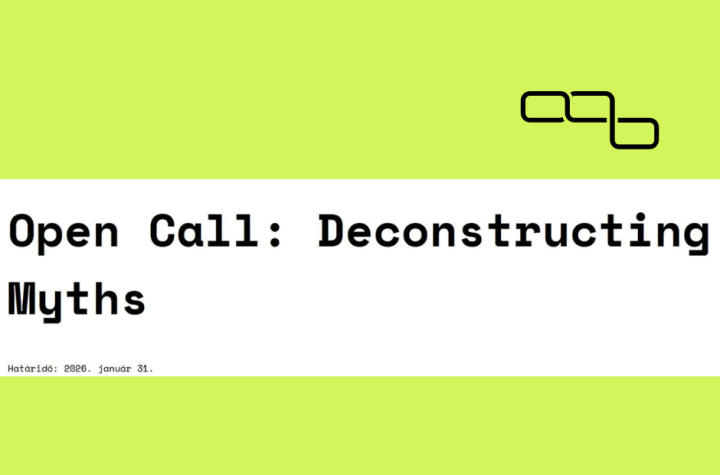 A lipcsei Halle 14 Kortárs Művészeti Központ The Politics and Pleasures of Food című kiállításának keretében ösztöndíjat kínál képzőművészek számára. A program időtartama 3 hónap. Az ösztöndíjas 1000 euró ösztöndíjat, egyszeri 500 euró utazási költséget, saját stúdiót és lakást kap erre az időszakra. A pályázatok beadási határideje: 2013. augusztus 5.
A lipcsei Halle 14 Kortárs Művészeti Központ The Politics and Pleasures of Food című kiállításának keretében ösztöndíjat kínál képzőművészek számára. A program időtartama 3 hónap. Az ösztöndíjas 1000 euró ösztöndíjat, egyszeri 500 euró utazási költséget, saját stúdiót és lakást kap erre az időszakra. A pályázatok beadási határideje: 2013. augusztus 5.
International Fellowship Programme HALLE 14 (2013)
Within the framework of the exhibition »The Politics and Pleasures of Food« (September 21 – November 17, 2013), the HALLE 14, centre for contemporary art, will be awarding a residency fellowship to a visual artist. The programme invites artists from around the world to work for three months (September 1 – November 31, 2013) in a studio at the world-famous Leipziger Baumwollspinnerei.
The fellowship recipient will receive a monthly stipend of 1,000 Euros, a one-time material fee of 500 Euros, travel expenses up to 500 Euros, a studio space, and a flat.
Application deadline: August 5, 2013 (On this day the application must have reached us via post or email)
Please download the complete call for applications here:
Please download the application form here:
- Application form as PDF (113 kb)
- Application form as RTF (153 kb)
Contact: Michael Arzt, Programme curator of HALLE 14 (studioprogrammØhalle14.org)
THEME: The Politics and Pleasures of Food
More than anything else, feeding ourselves determines our lives. As an unavoidable basic need, it confronts us every day with our naked existence. However, aside from the basic maintenance of our vital functions, food contributes decisively to our general well-being. Satiation and pleasure have not only a physiological, but also a psychological and social-societal dimension.
Whether health crazes or eating disorders, fast food or fusion cuisine, asceticism or stress-eating, social dining or social business, take-away or home delivery, from bare necessity to pure pleasure to excess – the spectrum is limitless: it is about the freedom to design one’s diet, as well as the internal and external compulsions of this elementary aspect of existence.
As a part of every human culture (and religion), the „politics and pleasures of food” are an expression of ideologies and societal relations, the level of development or decay of a civilization. Their potential as a community builder and group event, as well as their function in social distinction (the king eats differently than the beggar) are part of evolution. You are what you eat, and thus what and how we feed ourselves not only depends on prevailing conditions, but also has an effect on them.
In privileged regions, the „mobilization” of food from around the world leads to an unprecedented culinary range of action. It creates a global menu that permits the choice between haute cuisine and slow food, veganism and vegetarianism, ecological and organic fetishism and may be reflected in more deliberate and healthier food choices.
In developing and emerging countries in Asia, Africa and Latin America, one billion people are starving – a seventh of the world population. Yearly, 8.8 million people, primarily children, die of hunger – one death every 3 seconds. Even in the world’s top economy, the USA, 10 million people go hungry or, as it is officially known, have „very low food security”.
But the earth is not lacking food: it simply does not reach those who need it. Global warming, climate fluctuations, drought, flood, armed conflicts, corruption, poor government, growing world population, the ethanol boom, changing consumption behaviors of the new middle class in China and India and the farm subsidy politics of, for example, the EU aggravate the situation. In the course of the monopolization of resources by multinational concerns, the geopolitical tug of war for regions with raw material continues. Staple foods become commodities; the common property of traditional agrarian culture becomes patented private property.
The wars of the 21st century will be waged over water and rice, corn or soy, over fishing rights for the oceans and the wheat fields of Africa. But also food safety scandals, bio-piracy and genetically modified food shatter the idea that „food is just food” as we always knew it. How do consumers of the 21st century feel and think about what they eat and drink?





